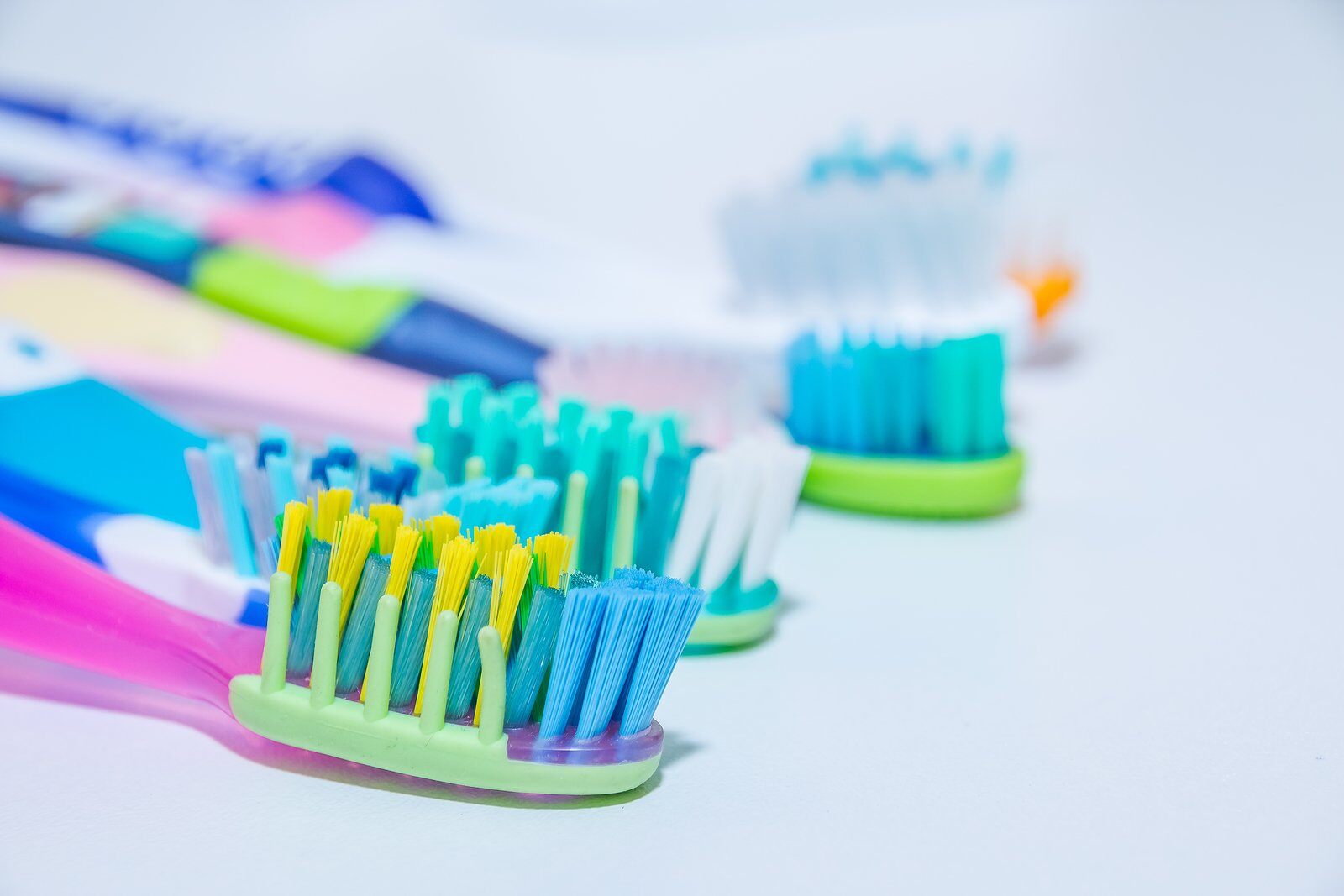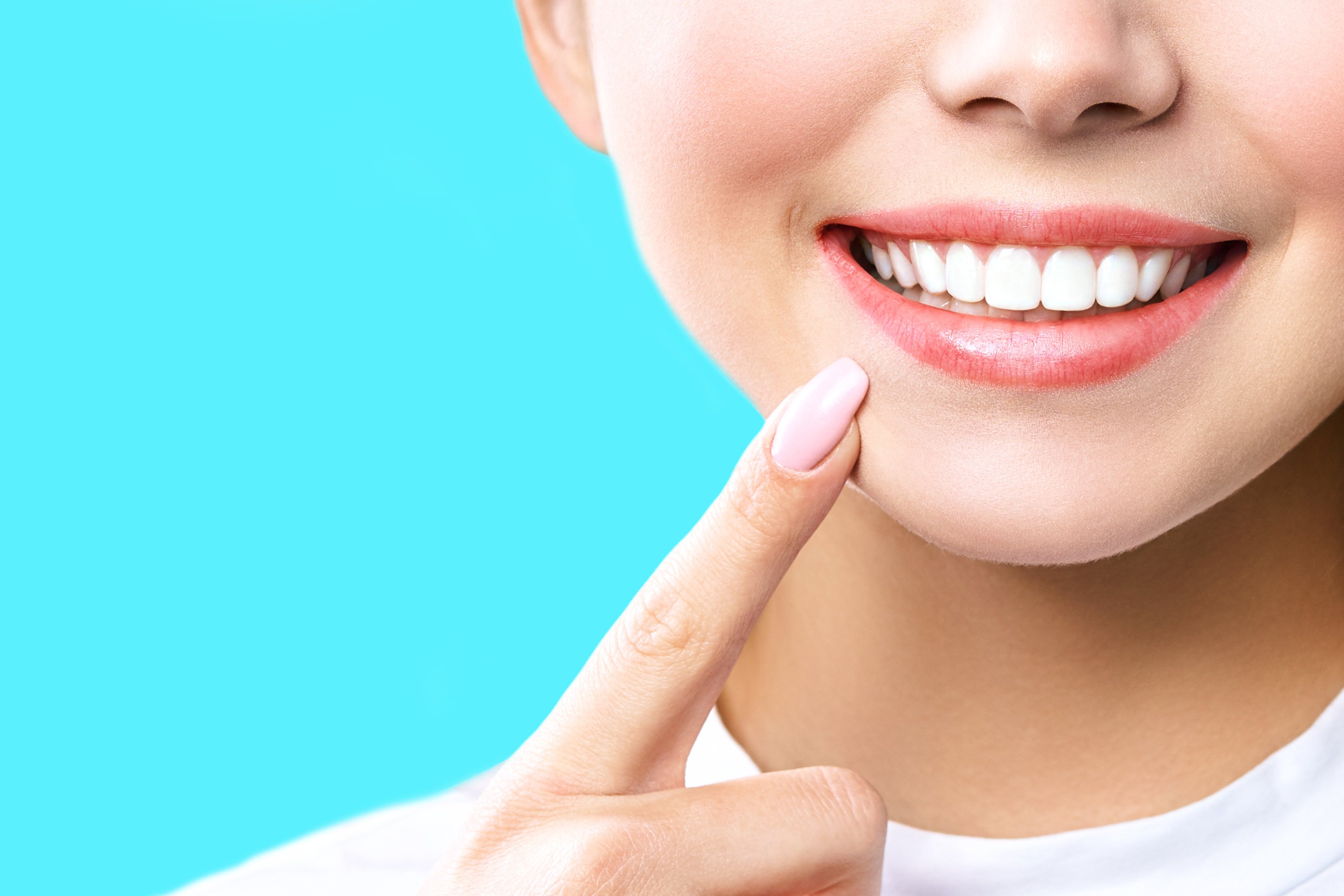How to Choose the Best Toothbrush for You and Your Family

Summarize with AI
Proper dental hygiene is essential for preventing tooth decay and periodontal disease. To keep your teeth and gums healthy, it's important to brush twice every day. But, what type of toothbrush is best? Here's how you can select the ideal toothbrush for you and your children.
Weeding through the Options
Decades ago, consumers didn't have many options when it came to toothbrushes. These days, however, store shelves are filled with a variety of choices, including soft-, medium- and stiff-bristled manual toothbrushes and electric-powered mechanical instruments.
While most manufacturers claim their products are best, the reality isn't so cut and dry. Instead of relying on cleverly written sales copy, you should look for the following characteristics when choosing a toothbrush for you and your family:
- A comfortable size: A good toothbrush must be able to easily access every surface of your teeth. A toothbrush head should be about a half-inch wide and one-inch tall for most adults. Although larger heads are available, you may have trouble maneuvering them throughout your mouth. For children, it's important to have smaller heads, especially if they have a sensitive gag reflex.
- Soft bristles: Medium- and hard-bristled toothbrushes can actually damage tooth enamel, gums and root surfaces. With this in mind, it's generally best to choose a toothbrush equipped with soft nylon bristles. For even more tooth protection, look for a toothbrush with bristles that have rounded tips.
- ADA approval: Whether you choose a manual or electric toothbrush, make sure it has earned the American Dental Association (ADA) Seal of Approval. This signifies that the product has undergone rigorous quality control tests for safety and efficacy.
What About Electric Toothbrushes?
As long as you brush regularly using proper technique, you should be able to keep your teeth and gums clean and healthy using a standard manual toothbrush. That said, in certain situations, an electric toothbrush may provide some extra benefits.
Some studies have shown that electric toothbrush are more effective at removing plaque than manual toothbrushes. Electric toothbrushes are often easier to use for people who have braces or dexterity problems. They can also increase enthusiasm about brushing in children and teens. If you decide to purchase an electric toothbrush, make sure it includes the ADA Seal of Approval.
Both manual and electric toothbrush products have received ADA Seals. For a complete list, visit the ADA's website.
.png)

